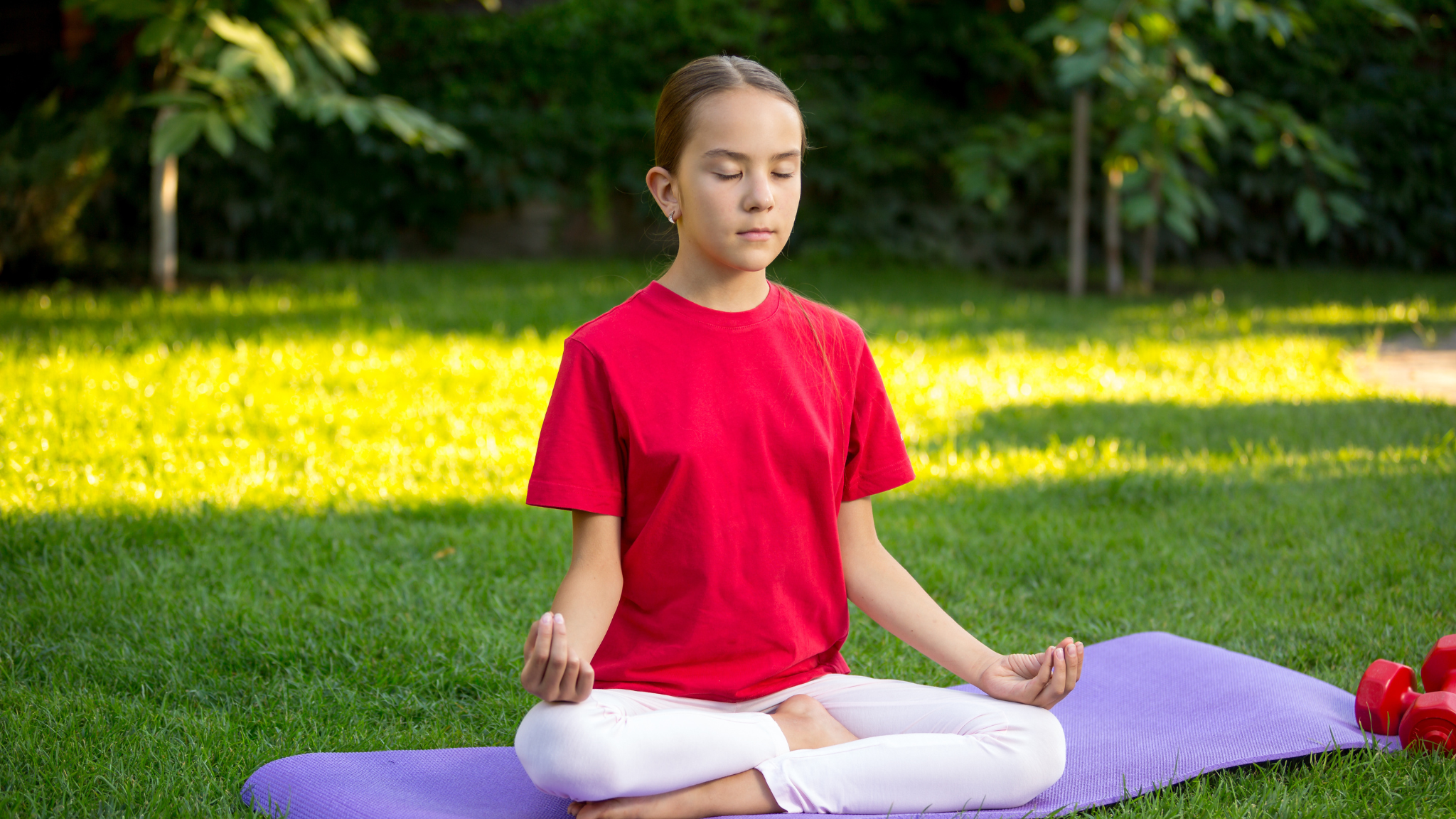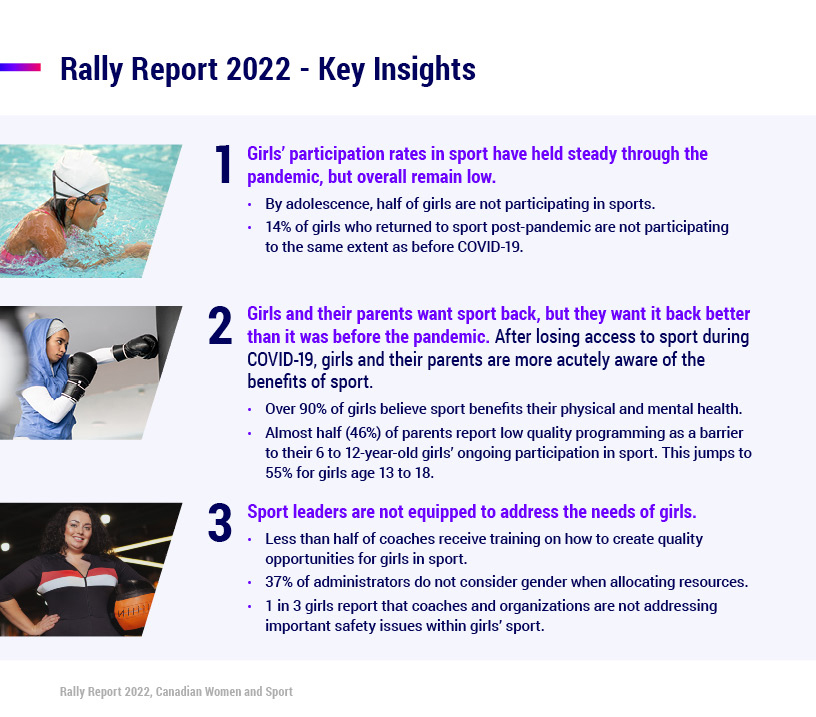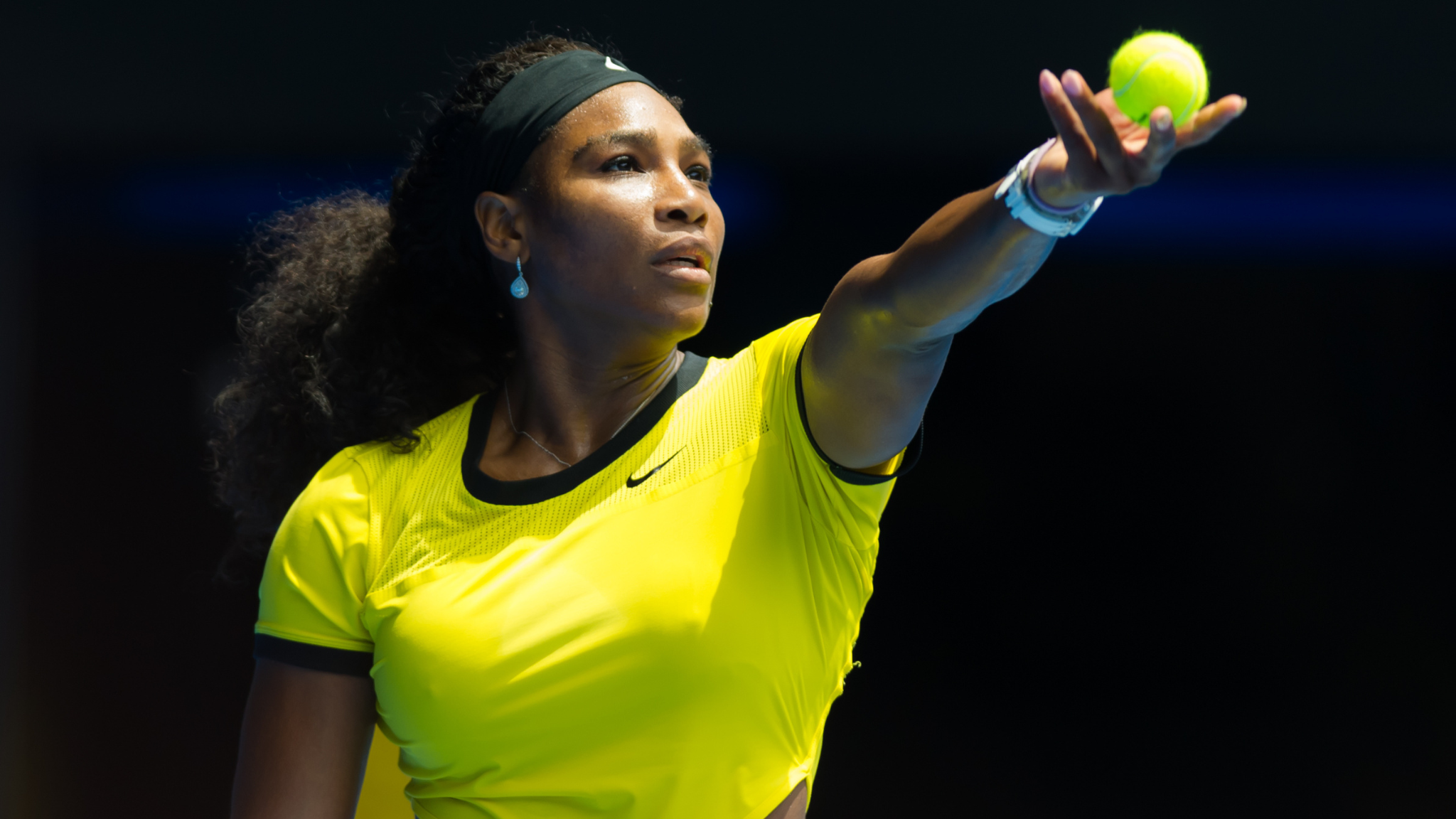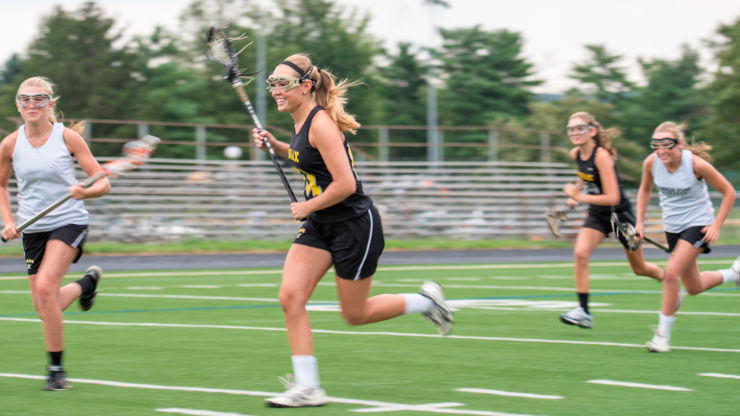Girls are quitting sports at a higher rate than boys.
According to the 2022 Rally Report by Canadian Women & Sport, 50% of girls are not participating in sports by the time they reach adolescence. Even more concerning, 1 in 3 of 13 to 18-year-old girls currently engaged in sport are unsure if they will continue to participate.
So why are girls leaving sports, and more importantly, what can we do to reverse these trends?
To get some insights, we spoke to Leslie Bonci, owner of Active Eating Advice and a sports nutrition consultant who has 34 years of experience working in American football. Bonci is passionate about empowering girls to participate in sports, having years of experience as a woman in the male-dominated sports industry. She has seen the sports world evolve, with more women joining coaching and training staff, but says we still have a ways to go before parity can be reached.
Bonci notes that “part of it is kind of the insecurity, the lower self-esteem, the concern about the body and the ways that bodies change.” Girls may feel uncomfortable with their changing bodies or may not want to sweat or get dirty, leading them to drop out of sports. Bonci also mentions the lack of female role models and the influence of negative media messaging on girls’ self-image. Additionally, they may not be encouraged to play sports at home.
Bonci believes that to keep girls in sports, we need to broaden the definition of sports and foster inclusivity.
“It’s not just because you run a basketball court or you’re playing soccer or lacrosse or maybe you want to do something yourself,” said Bonci. “Why don’t we have gardening clothes? I’m serious. It’s just things that really start to transcend what we already have, to break those molds, so to speak, and to find a way for everybody to feel comfortable.”

In addition to broadening the definition of sports, Bonci stresses the importance of creating a movement that encourages and empowers girls to participate in sports. Parents can play a crucial role in this movement by being advocates for their daughters, encouraging them to pursue their interests, and creating a supportive environment at home.
Bonci suggests that parents “shut down” negative talk about bodies and eating and be vocal about advocating for longer and more comfortable athletic apparel.
ALSO: Swimming Lessons are a Great Investment in Safety and Fun
Institutional barriers may also discourage girls from participating in sports. Bonci says that “athletic apparel has done that, too. It’s yoga or it’s dance. It’s whatever it is you want to be. It’s not just because you run a basketball court or you’re playing soccer or lacrosse.” However, girls may not feel comfortable playing team sports and may prefer individual activities like yoga or dance.
Institutional change is also necessary to keep girls in sports. Schools can invite female athletes to come in and speak to young women about their experiences and offer a range of athletic opportunities beyond traditional team sports. Coaches can create a positive and inclusive environment where all players feel welcome, regardless of their gender or body type. And at the systemic level, policies and programs can be developed to address the barriers that prevent girls from participating in sports, such as lack of access, cost, and cultural attitudes towards girls and women in sports.

Media influence is another factor that can affect girls’ participation in sports. Bonci says that “all of the media influence is not always in a positive way.” Girls may see unrealistic body standards and may not feel comfortable in their own skin. Additionally, menstruation can be a concern, as girls may not feel comfortable playing sports during their periods.
So, what can we do to keep girls engaged in sports? Bonci says that parents can be empowering by “really talking to our daughters, granddaughters about what do you like to do? Let them guide the conversation.”
Parents can also be advocates for their daughters, pushing for longer and more comfortable uniforms and creating a positive environment at home.
Bonci also believes that promoting mixed-gender sports teams can be beneficial for both boys and girls: “We don’t have to be the queen bee. That kind of thing is really important. So the camaraderie part of it, that communication part of it is as critically important as the skill. That’s another skill set that needs to be part of the equation in some cases.”
Institutions can play an important role in keeping girls engaged in sports. Bonci says that “maybe even within schools, [we can have] female athletes that come in and talk to young women about maybe their own experiences. And this is what I’ve learned and this is what I do. So it really becomes this conversation.”
Institutions can also develop curriculum that promotes inclusivity and encourages girls to participate in sports.

Serena Williams, a tennis legend, has also spoken out about the need for gender equality in sports. In a recent interview with Vogue, Williams highlights the double standard that exists for female athletes and the need for systemic change to address this issue.
“If I were a guy, I wouldn’t be writing this because I’d be out there playing and winning while my wife was doing the physical labor of expanding our family,” she said.
Williams encourages girls to not let naysayers discourage them, saying “my sister Venus once said that when someone out there says you can’t do something, it is because they can’t do it. But I did do it. And so can you.”
Keeping girls engaged in sports requires a collaborative effort from parents, institutions, and society as a whole. We need to create a positive environment that empowers girls, promotes inclusivity, and encourages them to participate in sports regardless of their gender or body type. With the right support, girls can overcome barriers and find joy and fulfillment in sports. As Bonci says, “you belong; be strong.”
Want more information? Check out Leslie Bonci’s work with Root4Her, providing resources, support, strategies, and motivation to make physical activity an important part of girls’ quest for social, emotional, nutritional and physical good health.








Add comment